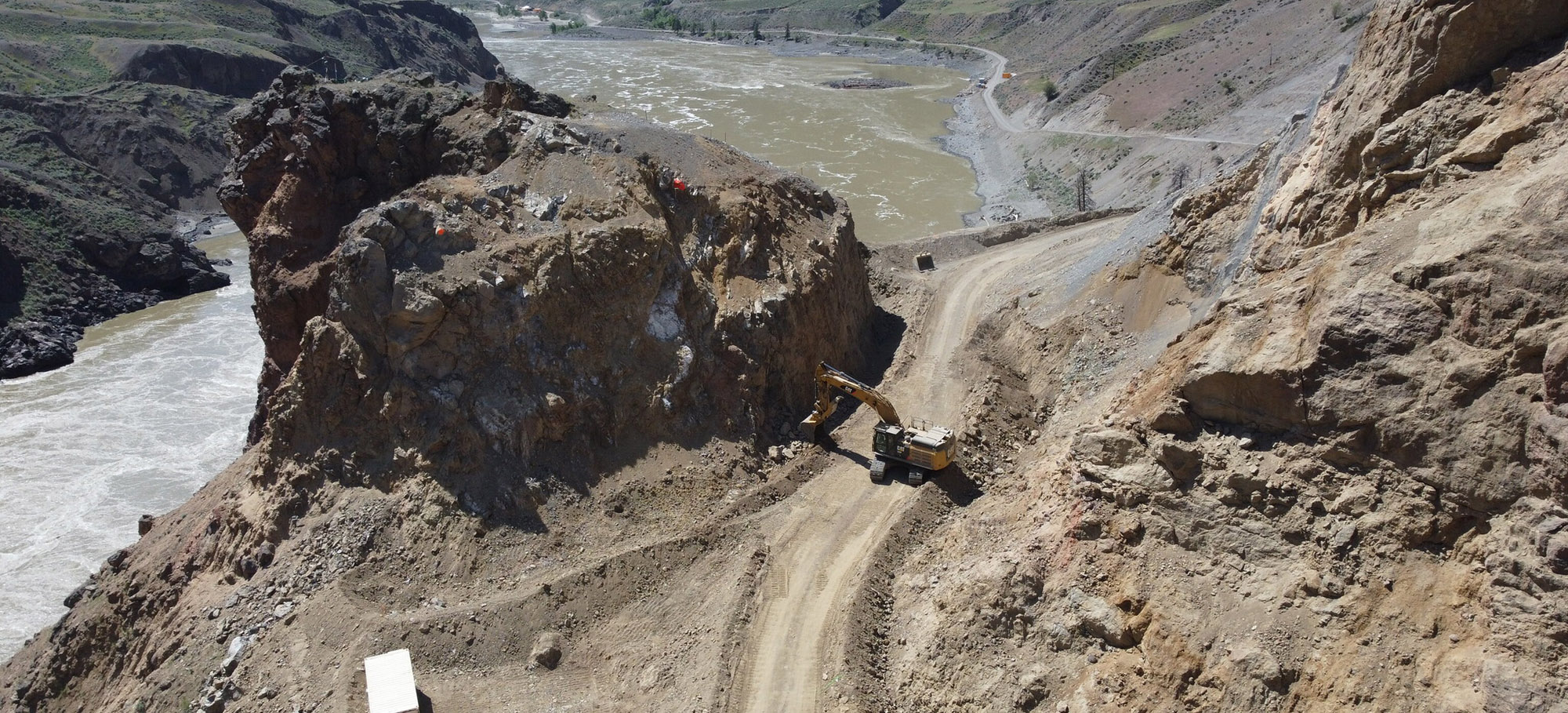Originally published in: North Shore News
5G Internet technology is powering a new generation of smart technologies collectively known as the ‘Internet of Things.’ After the worst flooding in B.C.’s modern history, could the new tech also save our homes and bridges?
The next generation of wireless internet technology has led to some big promises — more bandwidth and faster response times are expected to be crucial to technologies such as autonomous vehicles and remote medicine.
Often overlooked in popular imagination is the so-called “Internet of Things,” technology that allows for the deployment of a vast array of low-powered digital sensors that live-stream large datasets to a cloud.
Such low-cost sensors have allowed people to monitor everything from the ideal fermenting temperature at a brewery in Port Moody to how much electricity British Columbians use at home.
After the worst flooding event in B.C.’s modern history, could it also save lives?
According to University of British Columbia researcher and engineer Nemy Banthia, that answer is a resounding ‘yes.’
Together with his doctoral student Mohammed Farooq, Banthia has developed a real-time monitoring system that detects flood-triggered mudslides and bridge failures before it’s too late.
